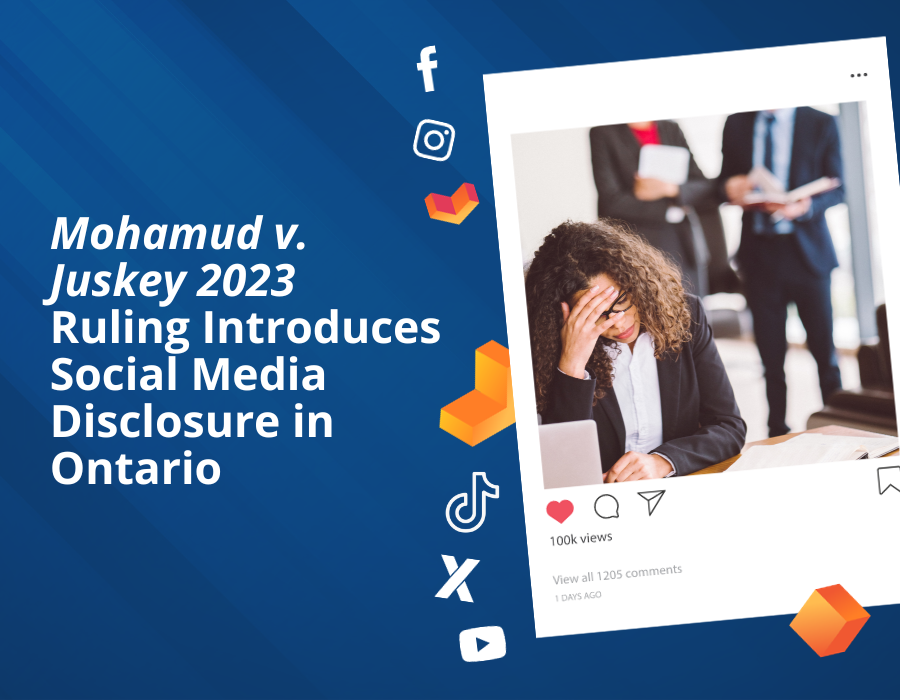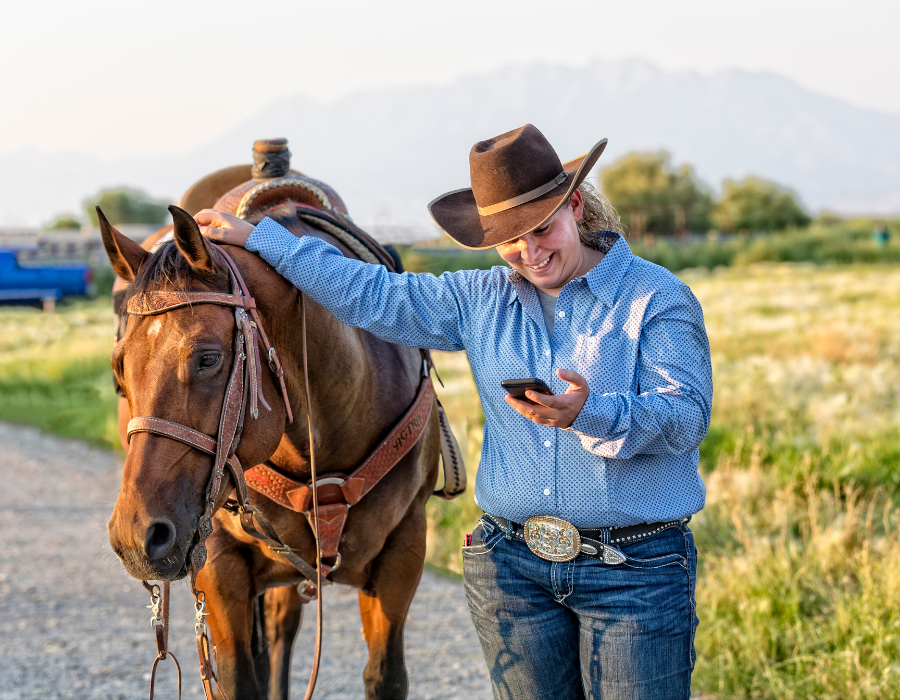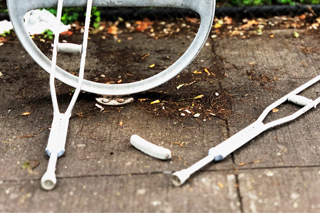Mudinger v Ashton, 2020 ONSC 2024
Claim Dismissed
In Mudinger v Ashton, social media evidence was used against the plaintiff to cast doubt on the seriousness of her physical limitations post-accident.
After being involved in a motor vehicle accident at 19, the plaintiff claimed that the injuries she sustained caused “substantial interference” with her enjoyment of life as she was no longer as physically active or social as before.
The defendant introduced both video and photographic evidence from the plaintiff’s social media of her participating in social events such as concerts, sports events, and parties. From the totality of the evidence, the judge claimed that it was likely that the plaintiff had exaggerated her claims. Furthermore, the judge claimed there was no evidence she was not physically capable of engaging in the same activities she did pre-accident – just that she chose not to due to changing interests which were attributed to her young age.
Resultantly, the plaintiff’s claim for non-pecuniary damages was dismissed.
Social media is being used as evidence in personal injury cases and you can no longer ignore what your clients post online. Private Footprint is a powerful tool that allows lawyers to quickly view, organize, and make sense of the overwhelming volume of social media content generated by clients. You can easily monitor social activity for each client separately, flag specific posts, and quickly generate detailed reports which document your client’s lives before and after life-altering events.
Contact us today to learn more about Private Footprint and how you can start protecting the value of your files.





























